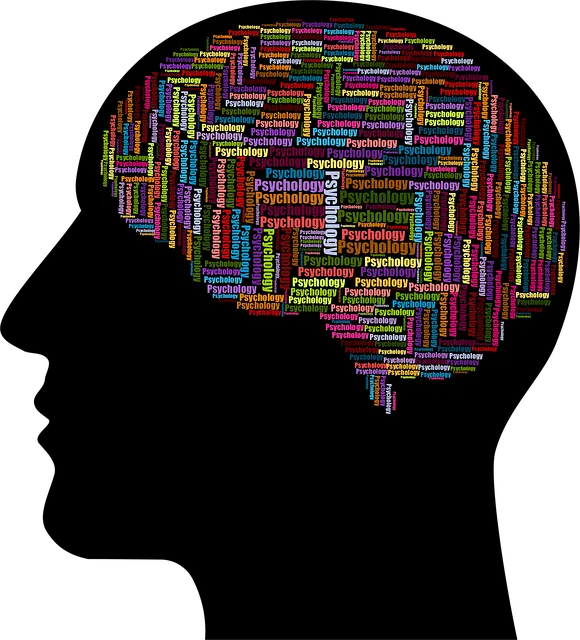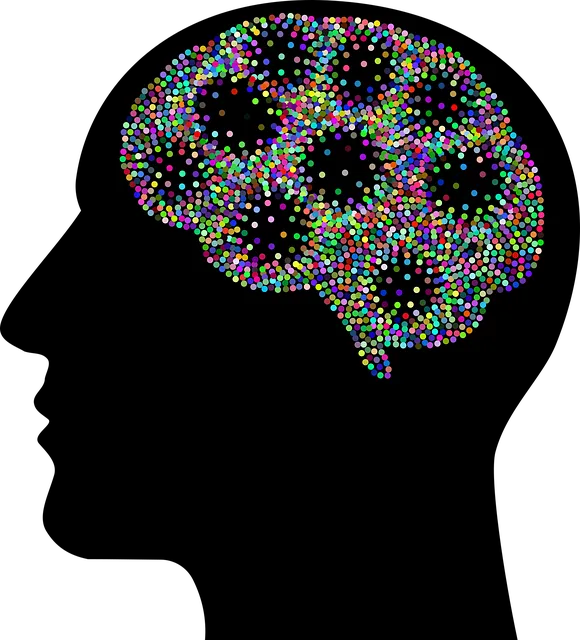Westminster's and Kaiser's inpatient mental health services provide intensive therapy, medication management, and supportive care for severe conditions. They focus on enhancing self-care practices, building confidence, and developing inner strength through social skills training, holistic development strategies, role-playing, and guided journaling exercises. These approaches cater to individual and group dynamics, promoting emotional, psychological, and social well-being while preparing residents for transitions back to daily life.
Social skills training is a powerful tool in supporting individuals with mental health conditions, especially within inpatient settings. This comprehensive guide explores the significant relationship between social interactions and recovery, offering insights into how structured programs can enhance well-being. We delve into the impact of mental health conditions on social functioning and present effective strategies tailored for inpatient care at facilities like Westminster or Kaiser. By understanding these approaches, professionals can foster a supportive environment, promoting successful long-term outcomes.
- Understanding Mental Health Conditions and Their Impact
- The Role of Social Skills in Recovery and Support
- Effective Strategies for Inpatient Training Programs
Understanding Mental Health Conditions and Their Impact

Mental health conditions encompass a wide range of disorders that affect an individual’s emotional, psychological, and social well-being. These conditions can significantly impact daily functioning and relationships, often requiring specialized support and treatment. Understanding the nature of various mental health disorders is crucial in recognizing the need for comprehensive care.
In institutions like Kaiser, Westminster’s inpatient mental health services play a vital role in managing severe cases. These programs offer structured environments where individuals can receive intensive therapy, medication management, and supportive care. By addressing the unique challenges presented by mental health conditions, such as anxiety, depression, or psychotic disorders, these facilities aim to enhance patients’ self-care practices, boost confidence, and foster the development of inner strength.
The Role of Social Skills in Recovery and Support

In the journey towards recovery from mental health conditions, social skills training plays a pivotal role, often acting as a cornerstone in comprehensive treatment plans. Westminster and Kaiser, for instance, offer inpatient mental health services that integrate social skills development as a key component of patient care. These programs recognize that effective communication, empathy, and interpersonal relationships are not just beneficial but essential for long-term well-being. By participating in social skills training, individuals with mental health conditions can learn to navigate social situations with greater ease, fostering connections and support systems crucial for their recovery.
Beyond facilitating recovery, robust social skills also contribute to risk management planning for mental health professionals. Confidence boosting techniques, which are integral parts of such trainings, empower practitioners to handle challenging interactions effectively, thereby preventing burnout. In a supportive environment, professionals can enhance their resilience and develop strategies to manage stress, ensuring they remain equipped to provide quality care without compromising their own mental health.
Effective Strategies for Inpatient Training Programs

Effective strategies for inpatient training programs should focus on holistic development, catering to both individual and group dynamics. Westminster and Kaiser’s inpatient mental health facilities can implement structured activities that promote social interaction and communication skills. Encouraging residents to participate in Self-Care Routine Development for Better Mental Health can foster a sense of control and resilience. Mentored discussions and role-playing exercises can significantly enhance social skills, making transitions to daily life smoother.
Moreover, integrating Mental Wellness Journaling Exercise Guidance into the program allows individuals to introspect and express their feelings securely. Additionally, producing a Mental Wellness Podcast Series can provide an outlet for creative expression and peer support, enhancing connection among residents. These approaches not only enrich the inpatient experience but also equip individuals with lifelong tools for managing their mental health in a social context.
Social skills training is a powerful tool within inpatient mental health programs, as evidenced by successful initiatives like those at Westminster and Kaiser. By focusing on enhancing communication, empathy, and social interaction, these programs empower individuals with mental health conditions to rebuild connections and foster a sense of belonging. Incorporating evidence-based strategies tailored to diverse needs ensures a holistic approach to recovery, ultimately improving outcomes for those navigating challenging mental health journeys. Understanding the impact of social skills training can inspire further exploration of innovative support systems in the field.






